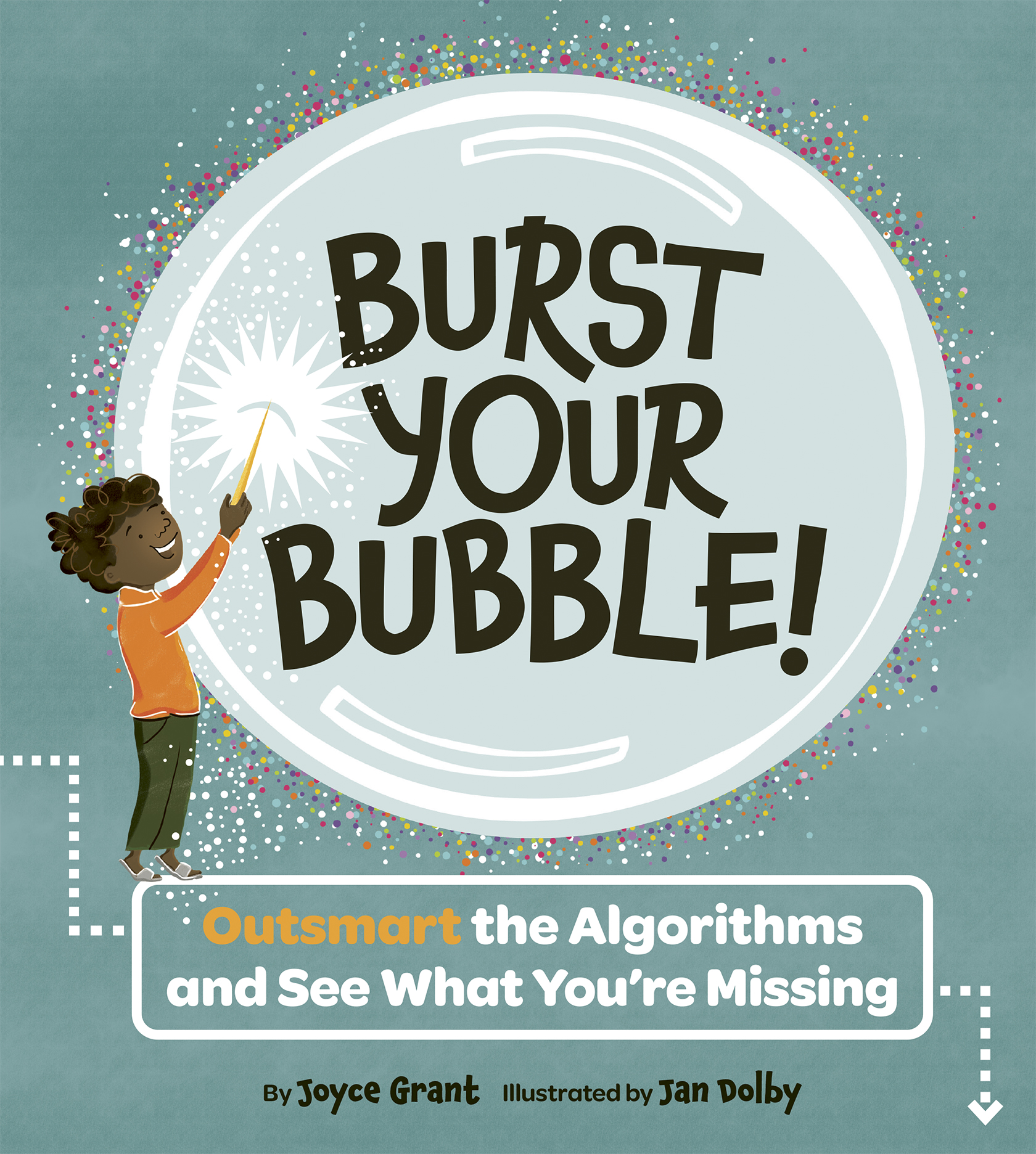
The ruler of North Korea, Kim Jong-il, passed away on Saturday.
He died, at age 69, of heart failure.
North Korea’s people know him as “Dear Leader.” They went into the streets to mourn his passing.
However, his death creates a lot of uncertainty about what will happen in North Korea. Many world leaders are concerned about the situation there now.
One reason is that North Korea has nuclear weapons, so nearby countries like Japan and in particular South Korea, reportedly have their military on “high alert.”
Another reason for concern is that before his death, Kim passed control of the country to one of his sons, Kim Jong-un, who is in his 20s. (It’s not known exactly how old he is.) Kim Jong-un is largely unknown to other world leaders. In fact, until two years ago, the only picture the CIA had of him was as a student in short pants at a school he was attending in Switzerland, according to The Toronto Star newspaper.
There is a concern that the North Korean military may take power out of the hands of the new young leader. They could also allow power to remain in the hands of the Kim family.
Some experts say that the transition of power will be a smooth one, and that the country may become more stable. Others disagree.
In any case, the United States and other countries will be keeping a close eye on events in North Korea.
Kim Jong-il’s funeral will be held on Dec. 28; the country will have an official period of mourning until Dec. 29.
CURRICULUM CONNECTIONS
By Kathleen Tilly
Writing/Discussion Prompt
Many people believe that Kim Jong-il’s son, Kim Jong-un, is unprepared to be a leader. People think that he is inexperienced and unqualified.
What experiences and characteristics do you think a leader needs in order to run a country successfully?
Reading Prompt
Why do you think the North Korean military might take over power? Do you think the North Korean military should have the power to do this? Why or why not?
Junior
Use stated and implied ideas in texts to make inferences and construct meaning (OME, Reading: 1.5).
Intermediate
Develop and explain interpretations of increasingly complex or difficult texts using stated and implied ideas from the texts to support their interpretations (OME, Reading: 1.5).
Grammar Feature: Suffix
When a suffix is added to the end of a root word, it changes the meaning of the word. Some examples of suffixes are: er, ed, or, less, able, ible.
Find all of the words in the text that have suffixes. Identify the root word and explain how the suffix changes its meaning.








